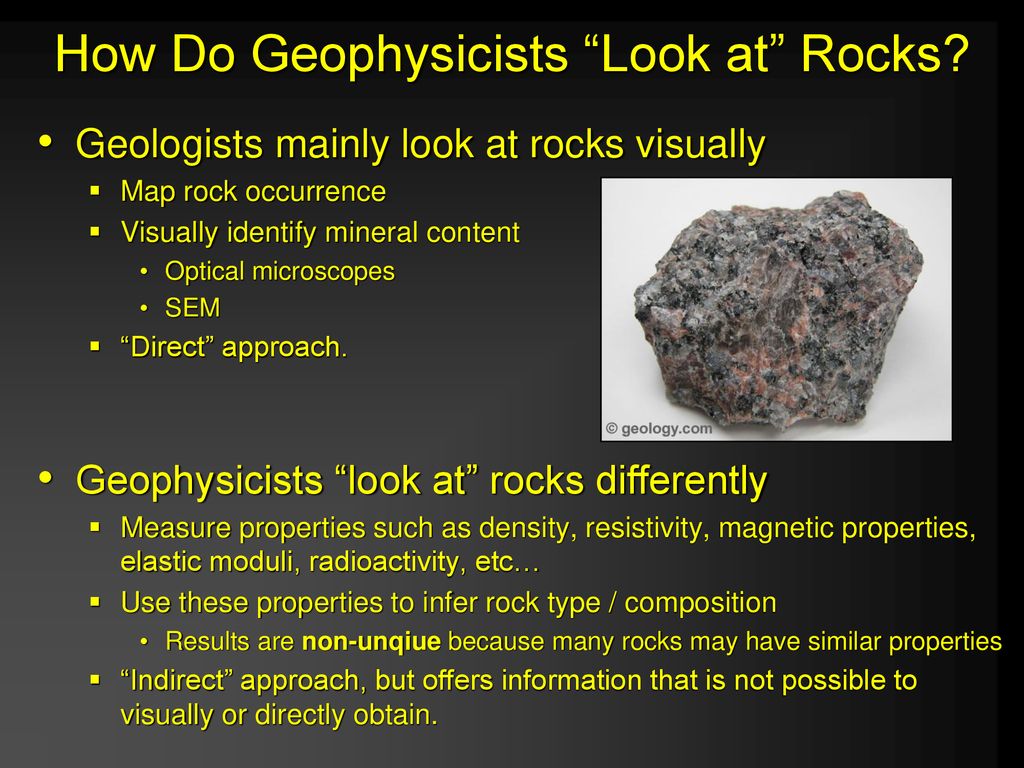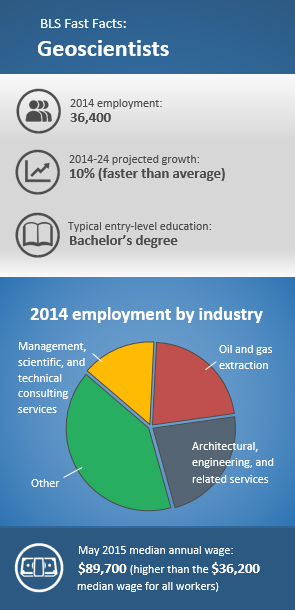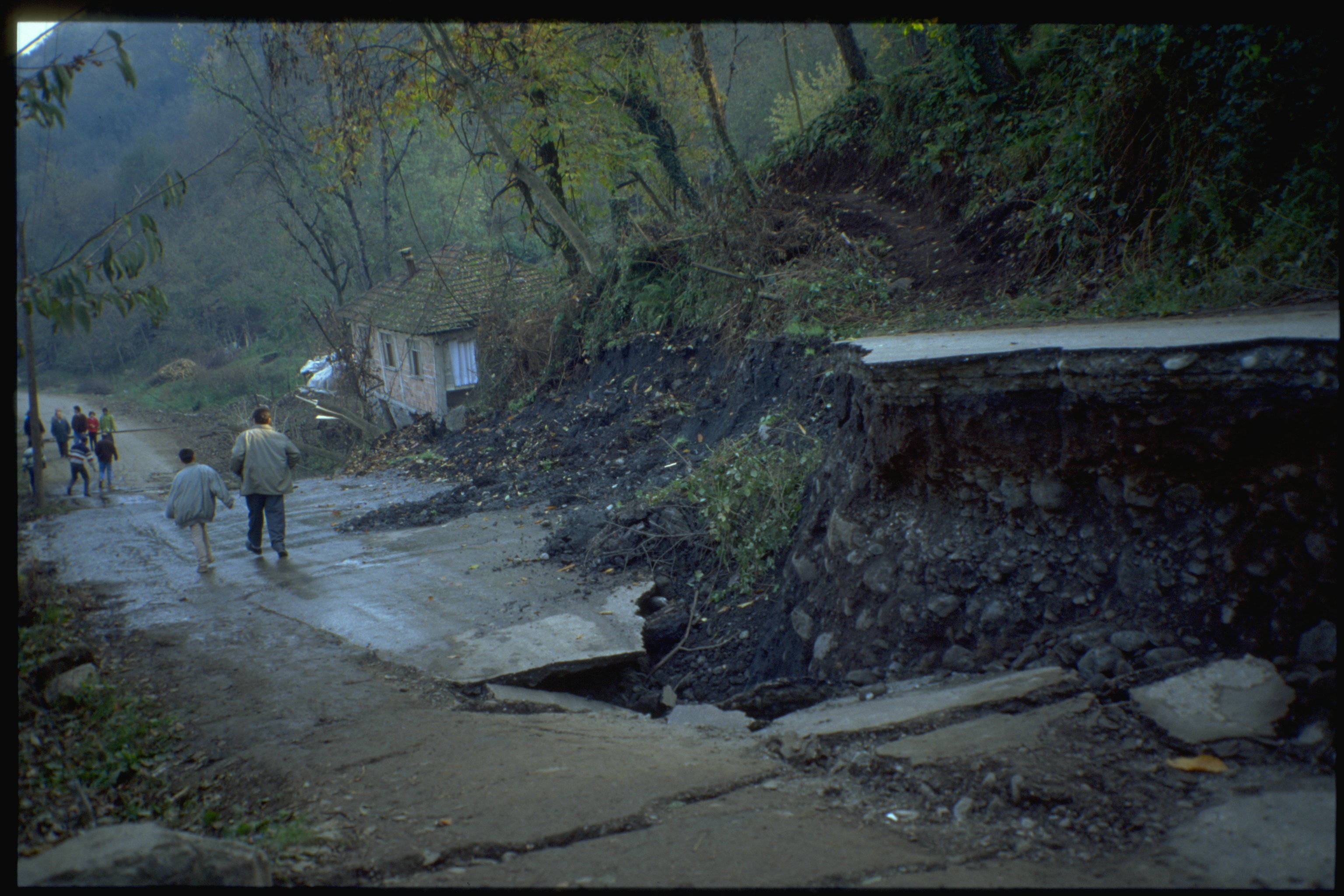All Categories
Featured
Table of Contents
Bs In Physics: Geophysics in Leda WA 2020
This work is significantly contracted out, so consultancies supply another source of work. Consultancy companies differ in size, from very small business to big multinationals. Some consultancies are quite specialised in utilizing particular geophysical techniques or operating in particular locations, while others provide a more diverse series of services to their clients.
The extraction of gas from garbage dump websites is another location of employment and this may grow in the future. Exploration companies may undertake work for building and construction companies, public utility, mining business and ecological agencies, so geophysicists might be used in any of these settings. Other companies consist of: geological surveysgovernment bodies and agenciesuniversities and research institutes.


Jobs might be listed in the oil and gas sector press. Recruitment is impacted by oil price fluctuations and the level of competition for positions differs depending on this. Careers Days, which cover the complete variety of geoscience professions and are normally gone to by a variety of key industry employers, are run by The Geological Society.
Geophysical Survey Equipment - Ground Penetrating Radar in Gwelup Aus 2021
A few of the big oil and gas business use a complete two-year structured training program across the breadth of geophysics, consisting of the chance to experience work in different teams before specialising in one location. Your training may include deal with: existing wellsmagnetic and gravitational possible field information analysisresearchrock analysis. It's more usual for your preliminary training to be supplied on the job.

There may be a probationary duration during which you work along with a skilled coworker. Competency-based appraisals occur frequently in many companies. In smaller sized firms, and for scholastic posts, there is unlikely to be any formal training - you'll be anticipated to start work straightaway and select up skills as you go along.
If you work for a smaller company, you might discover that you require to take obligation for setting up and funding your own development and training. If you have a geology degree, membership of The Geological Society can be useful for networking and for keeping up to date with the industry.
Geophysical Survey - Salisbury Archaeology in Atwell Australia 2022
You may also find it helpful to sign up with the PESGB (The Petroleum Exploration Society of Great Britain, which has a geophysics unique interest group. After a probationary duration, and as soon as you have actually gained some experience, you might progress to senior geophysicist, then team leader and then into a senior role in management.
The ease of movement in between roles depends upon the business structure. Research study at Masters or Ph, D level in a subject associated to geophysics or geosciences may help with your profession advancement and progression. The work market within the oil and gas market is really dependent on rate and this might impact your opportunities for profession development.
For skilled geophysicists, freelance consultancy uses a great route for career advancement. As a geophysicist, you're likely to have a number of jobs throughout your working life.
Geophysical Surveys - U.s. Geological Survey in South Perth Western Australia 2020
From geophysics, it's possible to concentrate on seismology (completing further training to end up being a seismic interpreter) or to move into related areas such as engineering geology or hazard forecast.
Choosing what to study in college is a hard choice. Even if you know that your field of interest lies in science, what program of research study is right for you?
The very first action to attaining your goal of becoming a geophysicist is earning a degree. Even for entry-level positions in the field of geoscience, you'll need a bachelor's degree (a geophysicist college degree) from an accredited college or university. Geophysicists must be able to: evaluate rocks, photos, and other pieces of data conduct research study both in the field and in laboratories create maps and charts of their findings compose reports To accomplish all this, trainees need a specialized education for geophysicist professions.
As specified above, you'll need a bachelor's degree in geoscience or an associated discipline, such as a physical science or a natural science, to land an entry-level job. Trainees can likewise prepare by majoring in topics like: Biology Chemistry Computer science Engineering Mathematics Physics The above geophysicist majors provide a more generalized technique to a single scientific discipline, however many programs need trainees to take one or more geology course.
Latest Posts
Geoscientist - College Of Science in St James Aus 2021
What Is A Seismic Survey? in Straffon Oz 2021
What Are Geological, Geochemical, in Hovea WA 2022